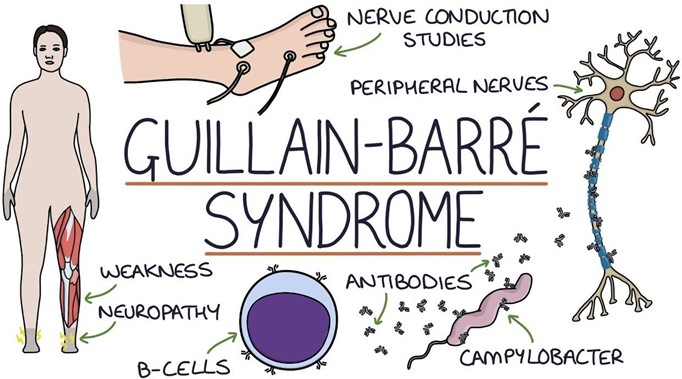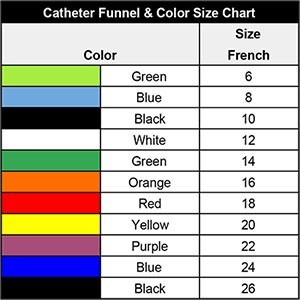While caring for a client with Guillain-Barre syndrome, which finding should the practical nurse (PN) report to the charge nurse?
Irregular heart rate.
Profuse diaphoresis.
Lower leg weakness.
Full facial flushing.
The Correct Answer is A
This is the finding that the PN should report to the charge nurse because it indicates a possible complication of Guillain-Barre syndrome, which is autonomic dysfunction. This can affect the cardiac, respiratory, and gastrointestinal systems and cause life-threatening problems such as arrhythmias, hypotension, or respiratory failure. The PN should monitor the client's vital signs closely and report any abnormal changes.

B. Profuse diaphoresis is not a priority finding and may be related to other factors such as fever, anxiety, or medication side effects.
C. Lower leg weakness is an expected finding in Guillain-Barre syndrome and does not need to be reported unless it progresses rapidly or affects the respiratory muscles.
D. Full facial flushing is not a priority finding and may be related to other factors such as vasodilation, inflammation, or medication side effects.
Nursing Test Bank
Naxlex Comprehensive Predictor Exams
Related Questions
Correct Answer is C
Explanation
This is the first action that the PN should take because the catheter size and balloon volume are inappropriate for the client. A #18 urinary catheter is too large for a female client who weighs 50 kg, and a 30 mL balloon may cause bladder trauma or discomfort. The PN should consult with the charge nurse and obtain a smaller catheter (such as #14 or #16) with a 10 mL balloon.

A. Obtaining a 30 mL syringe and a vial of sterile water is not the first action because it does not address the issue of the catheter size and balloon volume.
B. Asking the client if she has previously been catheterized is not the first action because it does not address the issue of the catheter size and balloon volume.
D. Positioning the client and observing the urinary meatus is not the first action because it does not address the issue of the catheter size and balloon volume.
Correct Answer is A
Explanation
The injury description by the mother varies from the child's version.
Choice A rationale:
The practical nurse (PN) should note the significant indicator of possible child abuse, which is the discrepancy between the mother's description of the injury and the child's version. In cases of child abuse, perpetrators often provide inconsistent or conflicting explanations about how the injuries occurred, raising suspicion of maltreatment. This inconsistency can be a red flag for the PN to further assess the situation and, if necessary, report concerns to the appropriate authorities.
Choice B rationale:
While the child looking at the floor when answering questions might be a behavior worth noting, it alone is not a definitive indicator of child abuse. Children may exhibit various emotional responses for various reasons, and it requires further assessment to determine if there are signs of abuse.
Choice C rationale:
The healing of abrasions on the child's arms, legs, and chest does not necessarily indicate child abuse. Children are active and prone to minor injuries, which are a normal part of growing up. The PN should investigate further to determine the cause of the injuries.
Choice D rationale:
The mother describing in detail what she did for her injured child does not automatically suggest child abuse. It is essential for the PN to gather more information and conduct a comprehensive assessment before drawing any conclusions.
Whether you are a student looking to ace your exams or a practicing nurse seeking to enhance your expertise , our nursing education contents will empower you with the confidence and competence to make a difference in the lives of patients and become a respected leader in the healthcare field.
Visit Naxlex, invest in your future and unlock endless possibilities with our unparalleled nursing education contents today
Report Wrong Answer on the Current Question
Do you disagree with the answer? If yes, what is your expected answer? Explain.
Kindly be descriptive with the issue you are facing.
